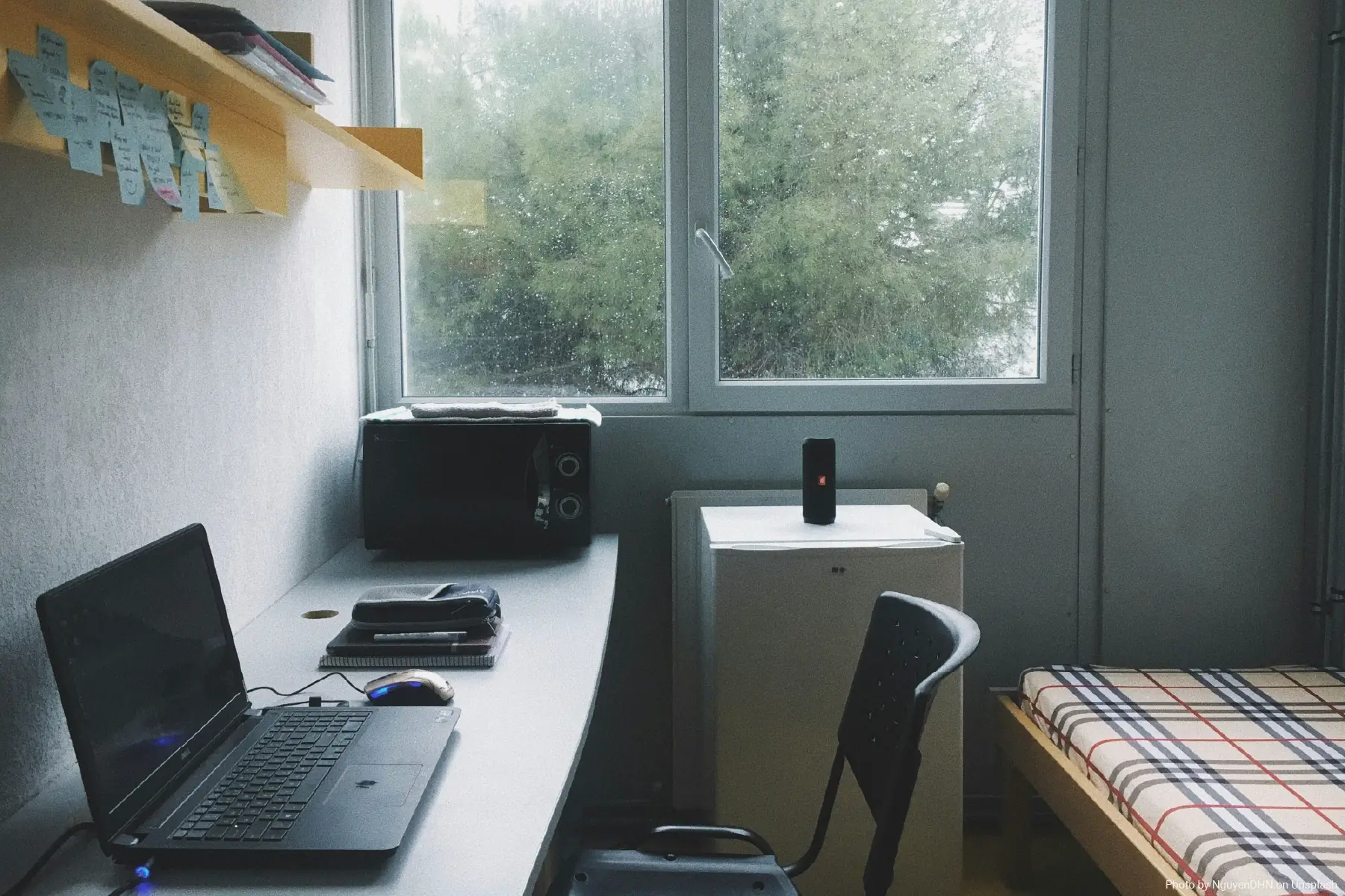Dormitory vs. Private Housing: Which Is Better for International Students in Singapore?

If you’re an international student gearing up to study in Singapore, choosing the right accommodation is one of the most important decisions you’ll make. Where you live isn’t just about convenience—it sets the tone for your entire study abroad experience. Will you opt for the lively, communal experience of a dormitory? Or lean into the independence and privacy of private housing? The choice might seem daunting, but don’t worry—we’ve got your back.
This blog is your ultimate guide to navigating the dormitory-versus-private-housing dilemma. By the end, you’ll feel empowered to make the choice that resonates with your personality, priorities, and lifestyle.
Why Your Accommodation Choice Matters
The place you call home during your studies can make or break your experience abroad. For many, it’s where lifelong friendships are forged and unforgettable memories are made. For others, it’s a sanctuary—an essential space to refuel and recharge.
Singapore’s vibrant multicultural environment makes it a haven for international students. However, the cost of living and the available housing options can differ significantly. Your accommodation choice might depend on your budget, preferred lifestyle, or even how much time you like to spend socialising.
What Is Living in a Dormitory Like?
Dormitories (or halls of residence) are typically located on or near university campuses. They’re designed with students’ needs in mind and can range from the simple and budget-friendly to the more premium.
Pros of Dormitory Living
1. Built-In Community
Living in a dorm offers unparalleled opportunities to meet new people from different backgrounds. Imagine making friends over late-night study sessions, forming impromptu hangouts, and navigating the ups and downs of university life together. Dorm life is almost like a rite of passage for international students—it’s where community happens.
2. Convenience Galore
Most dormitories are conveniently located on-campus or just a short walk away. This means you can wake up at 8.45 am and still make it to your 9 am lecture! Throw in on-site amenities like dining halls, laundry facilities, and recreational spaces, and you’ve got the ultimate convenience package.
3. Fully Furnished and Affordable
Dorms come fully equipped with essentials, so you won’t need to worry about lugging a bed frame or finding a table second-hand. What’s more, dormitory prices typically operate on a fixed rate, making it easier to budget for your stay.
Cons of Dormitory Living
1. Limited Privacy
The lively buzz of dorm life that most love can also become its downside. Thin walls, communal bathrooms, and shared spaces mean privacy isn’t always guaranteed. Preferring to unwind alone? That might be tricky.
2. Restricted Autonomy
Dormitory rules can sometimes feel limiting. Curfews, rules about overnight guests, and restrictions on personalising your room might be frustrating if you’re craving independence.
3. High Demand
Popular dorms fill up quickly, leaving some students scrambling for alternatives if they don’t secure a space early on.
What Is Living in Private Housing Like?
Private housing covers everything that isn’t tied to your university—think rented apartments, co-living spaces, or even shared flats. The variety of options is massive, catering to all sorts of preferences.
Pros of Private Housing
1. Independence and Flexibility
Private housing lets you live life on your terms. Forget about curfews; want to cook an elaborate dinner at midnight? Go for it. Have friends over for a Netflix binge? Absolutely.
2. Privacy and Space
Unlike dorms, private housing can offer you your own bedroom (or even your own apartment). This is perfect if you prefer a quieter environment or need your own space to focus on studies.
3. Choice of Location
You aren’t limited to campus areas, which means you could live closer to the bustling café scenes of Tiong Bahru, the lush greens of Bukit Timah, or anywhere else that suits your vibe.
Cons of Private Housing
1. Higher Costs
Private housing in Singapore can be pricier, particularly in popular districts. You’ll also need to account for utility bills, household appliances, and furniture if your place isn’t fully furnished.
2. Responsibility Overload
Moving into private housing means handling utility bills, cooking, cleaning, and potentially landlord disputes. It’s a crash course in adulting, which might be overwhelming when balancing studies.
3. Loneliness Risk
While private housing offers autonomy, it can also feel isolating compared to the instant camaraderie of a dormitory.
Factors to Consider Before Making Your Decision
Still torn between the two options. Consider these factors.
1. Budget
Dormitories are generally more cost-effective, but private housing allows a broader range of options. Map out your budget, including rent, utilities, internet, and transport.
2. Personality
Are you outgoing and thrive in social settings? Dorms might be your scene. Prefer peace and quiet? Private housing is probably your match.
3. Proximity to Campus
If you’ve got a packed schedule of early-morning or late-night lectures, living near campus might be a priority. Double-check commute times from private housing options.
4. Length of Stay
If you’re in Singapore for a short stint or on exchange, dormitories are easier to arrange. If you’re here long-term, investing in private housing might suit you better.
5. Cultural Preferences
For many international students, cultural adaptation is key. Dormitories foster diversity and might help you connect sooner with others, while private housing allows space for reflecting and adjusting at your own pace.
Why Not Have the Best of Both Worlds?
Who says you need to choose one forever? Some students start in a dorm to get settled, meet people, and familiarise themselves with their new surroundings. Once they’ve found their rhythm, they move into private housing for added independence.
Make Your Decision with Confidence
Whether you choose a dorm or private housing, remember this—there’s no right or wrong answer. It’s about finding a living arrangement that aligns with your personality, goals, and comfort.
Your study abroad experience in Singapore is an incredible chapter of growth, exploration, and discovery. The right accommodation will provide the foundation for all the excitement (and challenges) ahead.



